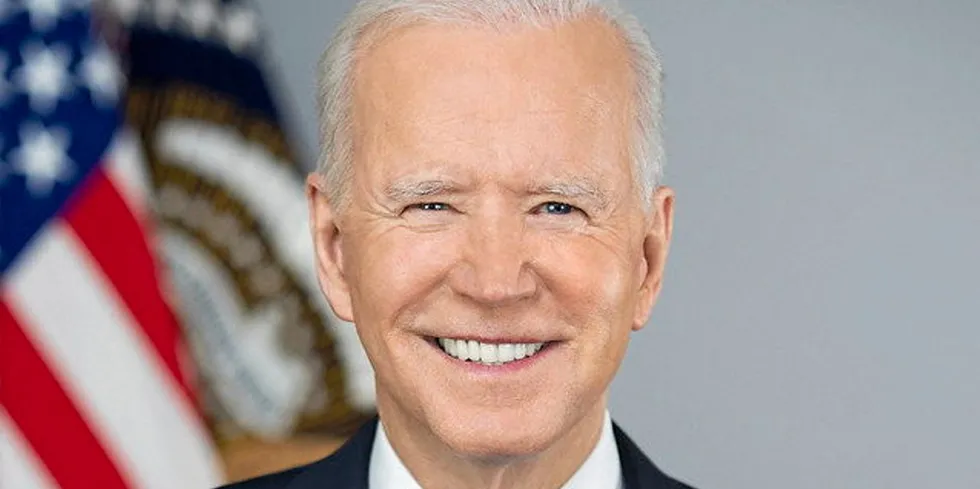'Time to act is now' | US offshore wind giants join green industry call to pass Build Back Better
American Clean Power-organised open letter bearing 260 signatories across clean energy spectrum urges Congress to take 'big bold action' to create conditions for renewables revolution through BBB Act
